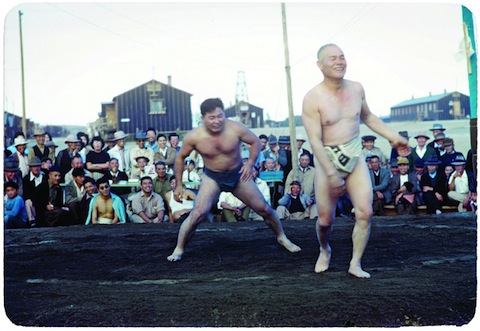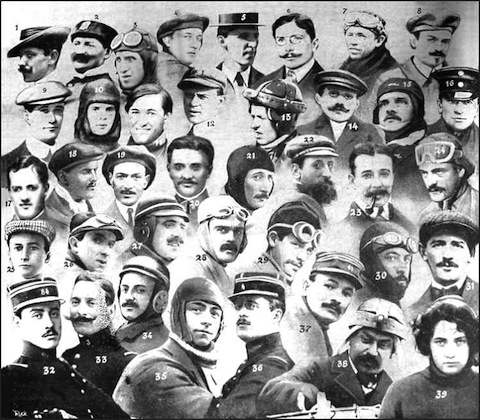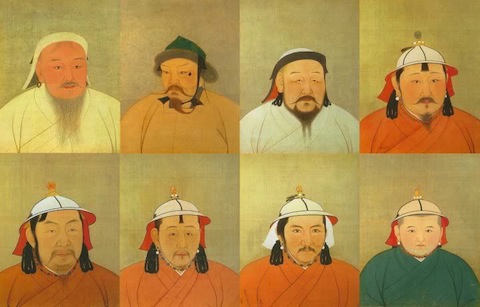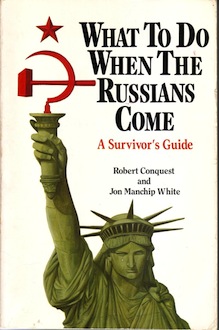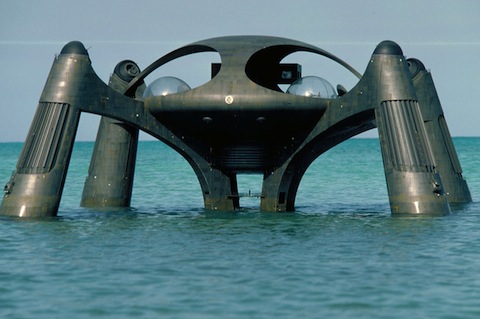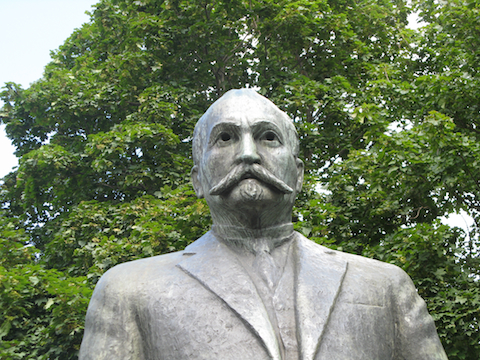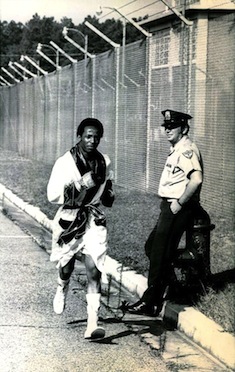Nearly two years ago, I wrote about the Philippines’ futile efforts to stamp out jueteng, an illegal lottery analogous to the mob-run numbers games of yore. At that time, the government was about to launch legal lotteries that would offer higher payouts than their underground counterparts—the same strategy that states in the U.S. used to kill numbers-running in the eighties. After all, why would a consumer risk possible legal repercussions—or, at the very least, seizure of their wagers—in order to vie for a smaller jackpot than is offered through official channels?
While the basic logic of that approach may seem ironclad, however, the legal lotteries have been abject failures:
President Aquino on Monday declared that the controversial small-town lottery would soon be stopped, but he said a new numbers game that would benefit the government and host communities would replace STL.
“STL as an experiment is over,” Mr. Aquino told reporters on the sidelines of his visit here to witness the mass oath-taking of new Liberal Party members in Quezon province. The President said there was a need to stop STL because it failed to stamp out illegal numbers games, particularly “jueteng.”
So what went wrong? An anti-gambling member of the Catholic hierarchy sheds a little light by breaking down the mechanics of jueteng:
Jueteng has an operational structure made up of seven grades: The “cobradores,” who collect the bets; the “cabos,” who supervise the collectors; the “revisadores,” who review the bets placed; “caja,” where the money goes; “boladores,” those responsible for drawing the winning numbers; the “pagadores,” who pay the winning bets; and, the jueteng lords.
Archbishop Emeritus Oscar Cruz said if Loterya ng Bayan would employ the same “hierarchy,” it would be easy for gambling lords to use it as cover for their illegal operations. “It’s correct that STL is out and now they are preparing the Loterya … but it will also be a failure just like the former so they should no longer continue with it,” the prelate said.
There is a great lesson to be learned here about the drawbacks of organizational complexity: Each time you add another layer of supervision, you create a fresh opening for corruption. With so many hands involved in processing the legal bets, it must be fairly easy for jueteng organizations to coax one person to double-dip and handle illegal numbers, too. The only way to stop that from happening is through active law enforcement, but the cops are firmly on the crooks’ payrolls.
The only real solution, of course, is automation, so that bets go directly from consumer to databank without passing through employees who also field jueteng wagers. If there’s a company out there with the IT vision to tackle that project, they need to open a Manila office, stat.




